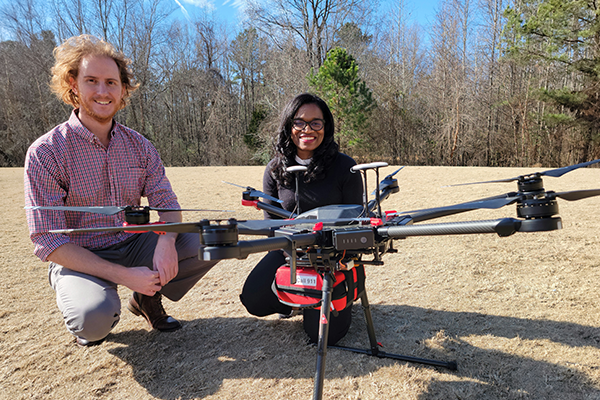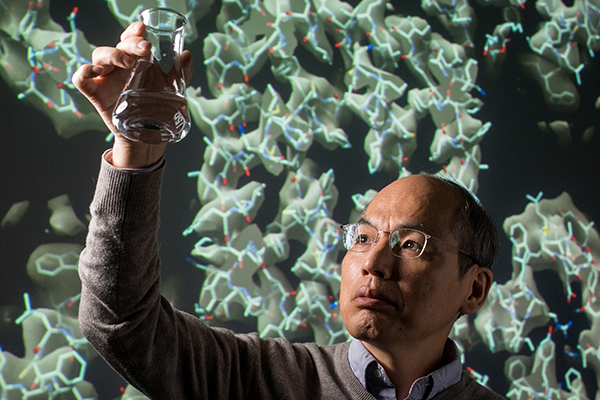The Path to Pay it Forward: A Duke Family Committed to Changing the World
Major donors Todd Brady, (MD’99, PhD’98) and Andrea Darling (MA’96, JD’99), a married couple of 26 years whose son, Alex, started as a freshman at Duke University in the fall of 2022, describe their path around Duke being connected by mentors, explained why they choose to give back, and shared what they hope to accomplish through their philanthropy.
School of Medicine Withdraws from U.S. News & World Report Rankings
Duke University School of Medicine is withdrawing from the annual U.S. News & World Report rankings of medical schools, Dean Mary E. Klotman, MD, and Vice Dean for Education Edward Buckley, MD, said Friday.
Duke Researchers Find Promising Results in Pre-Arrest Diversion Program for People who use Drugs
Active participants in Law Enforcement Assisted Diversion were significantly less likely to be re-arrested and more likely to use behavioral health treatment, according to a study of four programs in North Carolina.
Trailblazer: Monique Starks Flies High with Promising AED Drone Delivery Network
Monique Starks is the first investigator in the U.S. to be funded by the National Institutes of Health to explore development of a drone network that is capable of delivering AEDs to OHCA bystanders, and she’s flying high with some promising early observations.
Four SoM Faculty Receive 2023 Physician-Scientist Strong Start Awards
Four School of Medicine faculty members have been selected to receive 2023 Physician-Scientist “Strong Start” awards.
Thomas Denny: Overseeing Duke’s Vaccine Research Enterprise
As chief operating officer at the Duke Human Vaccine Institute (DHVI), Thomas Denny is in the unique position of helping people fight flu and HIV, developing the next generation of COVID-19 vaccines, and all the while leading an annual $120 million enterprise.
Algorithms to Assess Stroke Risk are Markedly Worse for Black Americans
Current medical standards for accessing stroke risk perform worse for Black Americans than they do for white Americans, potentially creating a self-perpetuating driver of health inequities.
Cold Comfort: How an Ion Channel Activates Our Response to Temperature
How our bodies sense our environment and react to it is a big question, and how we answer it can have important implications for drug development.
School of Medicine Faculty, Staff Win 2022-23 Presidential Awards
Three individuals and two teams within the School of Medicine are among Duke’s 2022-23 Presidential Award winners.
Diving into Whales' Ability to Tolerate Low Oxygen
Duke cancer biologist Jason Somarelli, PhD, will collaborate with a group of Duke marine scientists to explore the cellular adaptations that some whales possess that gives them such an amazing ability to tolerate low-oxygen (hypoxic) environments as they dive and forage for food.









